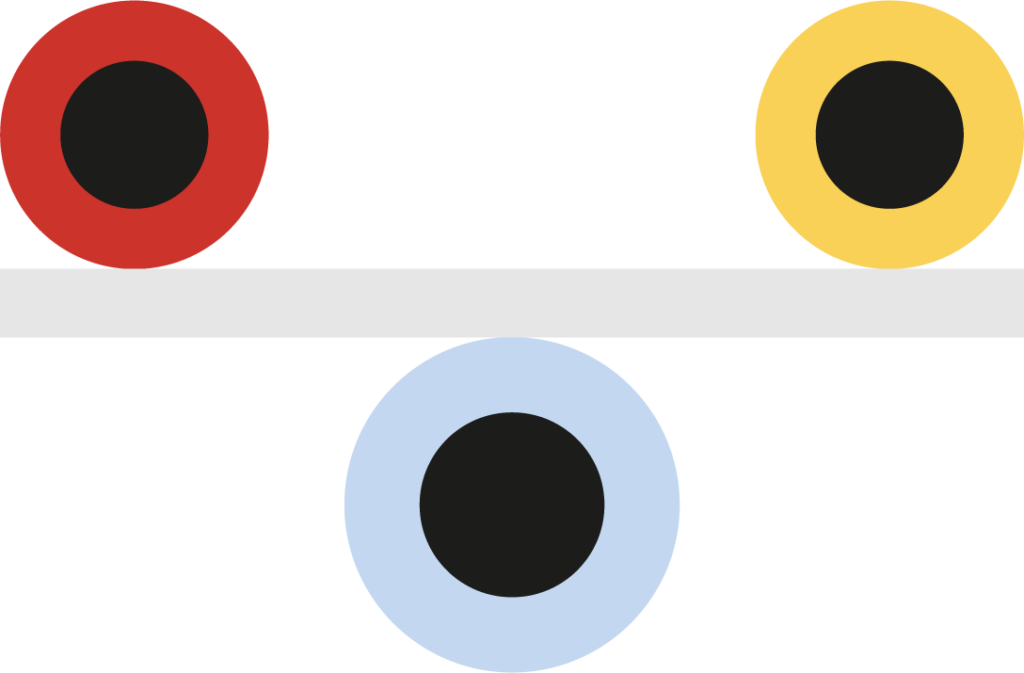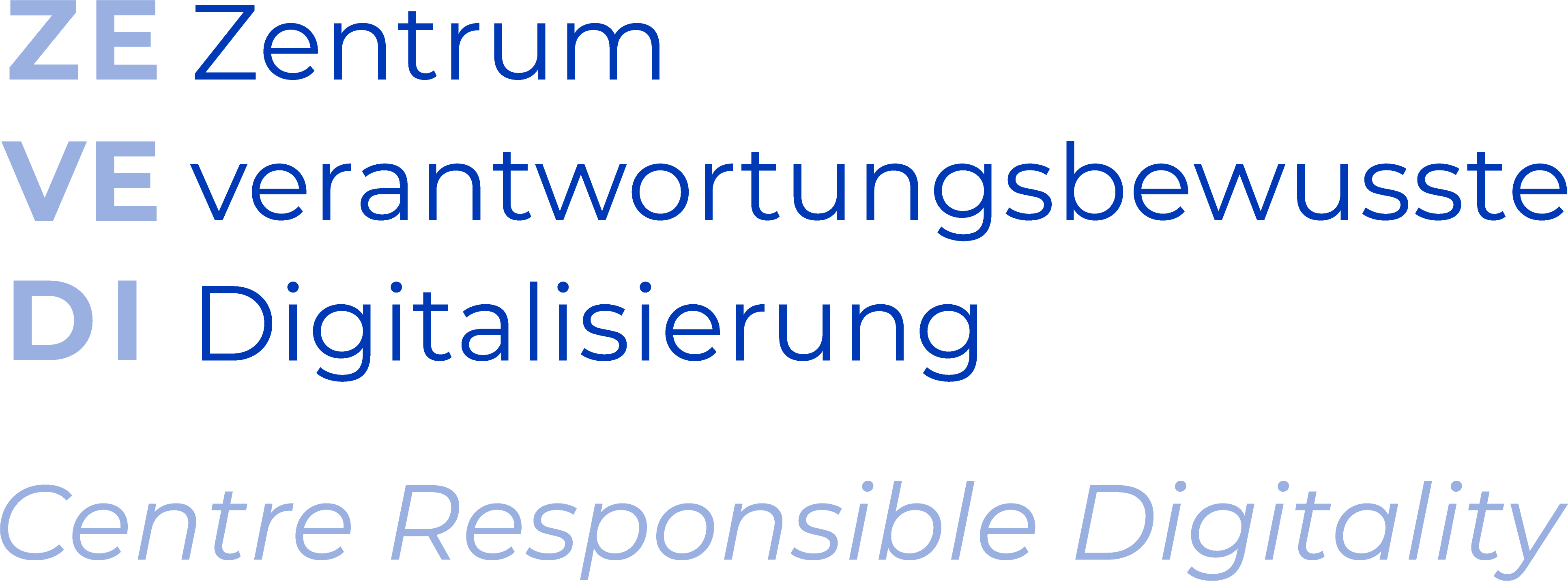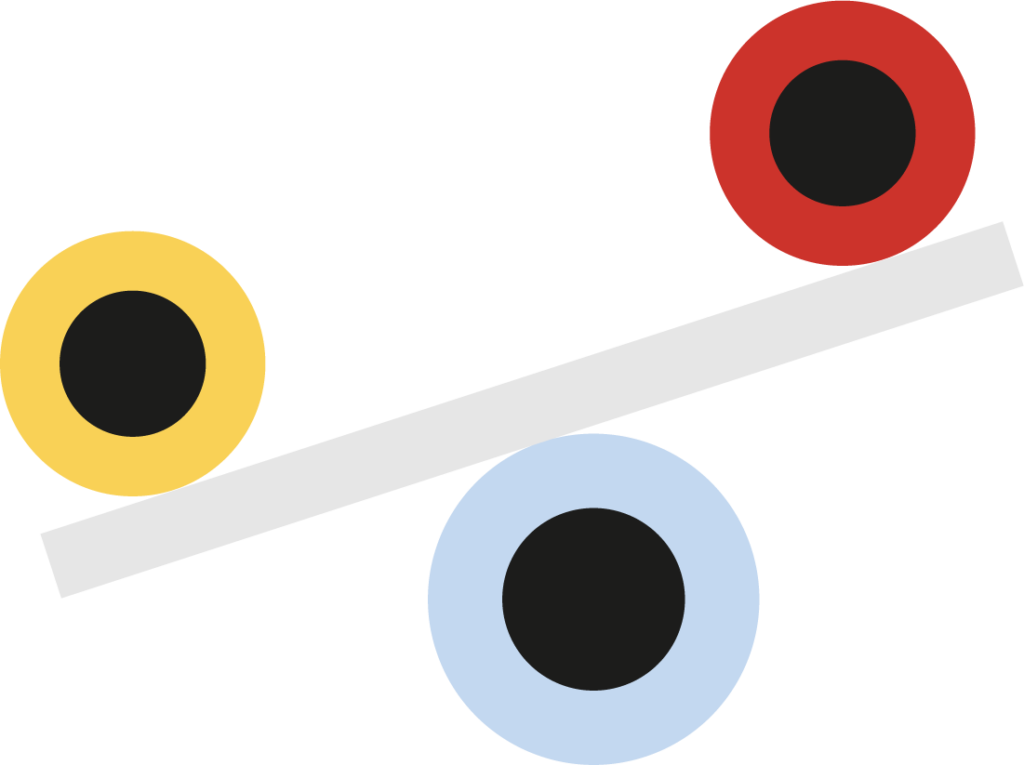ZEVEDI brings together analytical and application-oriented research-expertise on the ethical and legal dimensions of digital change, enabling cooperation on current issues.

ZEVEDI project groups are open to participation. Their work aims to concretise, reflect on and implement responsibility as an important aspect of technological development and of issues relating to the management of digital change, to strengthen the transfer of scientific knowledge to economical stakeholders and the general public, and to provide research-based advice to policy-makers. In this context, a particular focus is placed on legal and ethical aspects of innovation, thus maintaining the basic values of freedom and democracy. ZEVEDI connects and supports basic research through innovative working formats, but also takes up ongoing debates and gives impulses for a democratic and humane design of digital change. Hence, ZEVEDI is devoted equally to research, networking and transfer.
Interdisciplinary orientation of and towards norms
Within the German and international scientific landscape, ZEVEDI positions itself with a clear orientation towards norms and standards. At the same time, the Centre closely and methodically integrates technical, economic and social science competencies into these issues – interdisciplinary from the outset.
Innovation, law, ethics
ZEVEDI develops innovative forms of interdisciplinary reflection on technology and the transfer of digital knowledge into the economy. Standards and norms become an object of interdisciplinary reflection at the intersection of law, ethics and social and technical knowledge. The current focus is on the fields of data, algorithms and AI.
Transfer in politics, economy and society
The results of the collaborative work in project groups provide impulses for the participating universities and the scientific disciplines involved. Besides its scientific remit, ZEVEDI addresses three equally important target fields in its work: Science, politics & public and the economy. Applied process- and communication-oriented methods as well as innovative scientific working formats are also geared towards these objectives.

